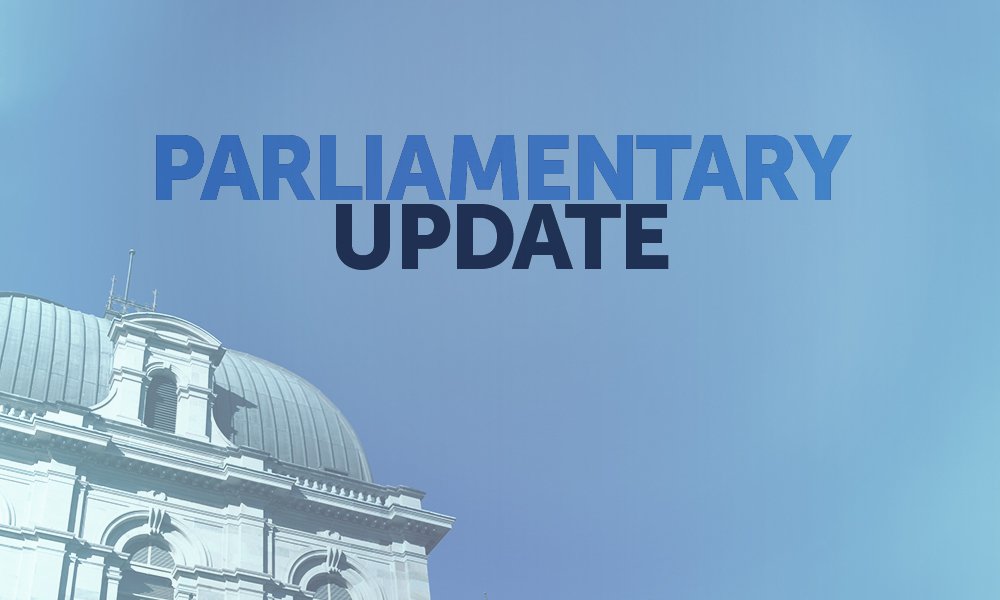Recent commentary regarding Queensland magistrates and their decisions on youth justice matters risks compromising judicial independence, Queensland Law Society (QLS) President Rebecca Fogerty said today.
QLS acknowledges the grief of victims, their families and the community.
“Violent crime is deplorable, and we denounce it,” Rebecca said.
“But our whole community suffers when fundamental principles like the separation of powers – which exist to protect us from the excesses of state power – are questioned and degraded.
“Judicial independence is a cornerstone of democratic systems.
“It is fundamental because it means that we – the people – can be confident that a particular case was decided on the evidence and according to law. Unjustified criticism of judicial officers compromises this judicial independence by creating a perception that particular outcomes are imposed to appease critics.
“To be clear: criticism of the courts is not inherently problematic in a healthy democracy. But targeted attacks in the context of certain cases is improper and undermines public confidence in our justice institutions.”
Court closures in the initial stages of a case are not unique to the youth justice system and are also seen in the domestic and family violence jurisdiction.
“Trained judicial officers have the discretion to open the court to the public if considered appropriate. These decisions are complex,” she said. “Magistrates must balance a range of competing considerations and apply the law as set out in the Youth Justice Act and the Bail Act.
“Both open justice and the right to bail are important in our legal system.
“The concept of bail gives practical recognition to the presumption of innocence. Similarly, Queensland courts have a very long history of upholding open justice because it promotes accountability and public understanding.
“However, it has long been recognised that certain types of cases – such as where children are charged with offences, or where there is domestic violence – should occur mostly in closed court.”










One Response
How does reasoned criticism of the bench risk compromising judicial independence
Theres is the small matter of freedom of speech and if the comments are such as to bring the court into disrepute the court can deal with the offender for contempt
No! courts need some robust but reasoned criticism from time to time
And there is no harm in it
And I would like to add that the courts are not currently representing the views of the majority of their community within the confines of their jurisdiction in many of the reports I read